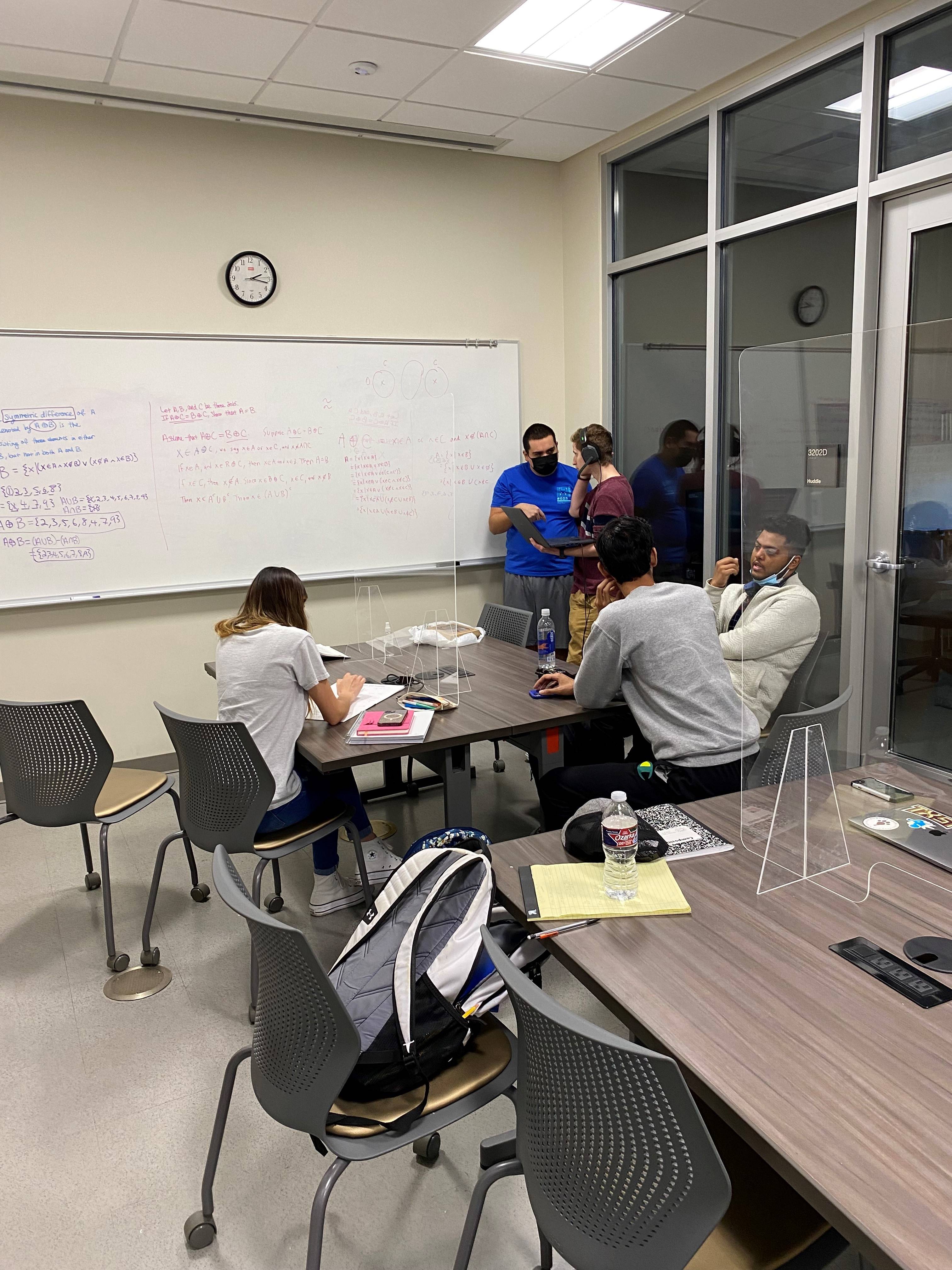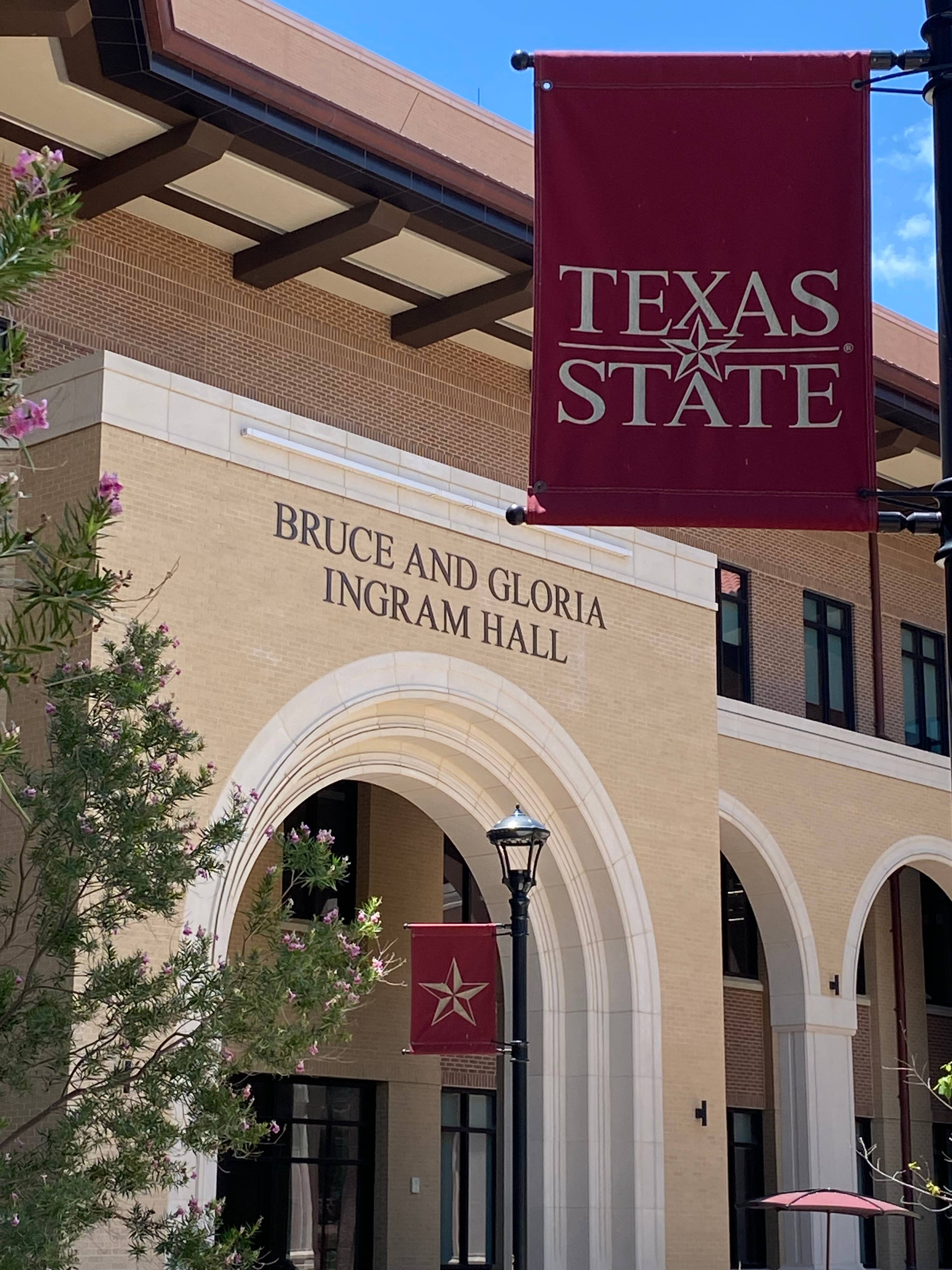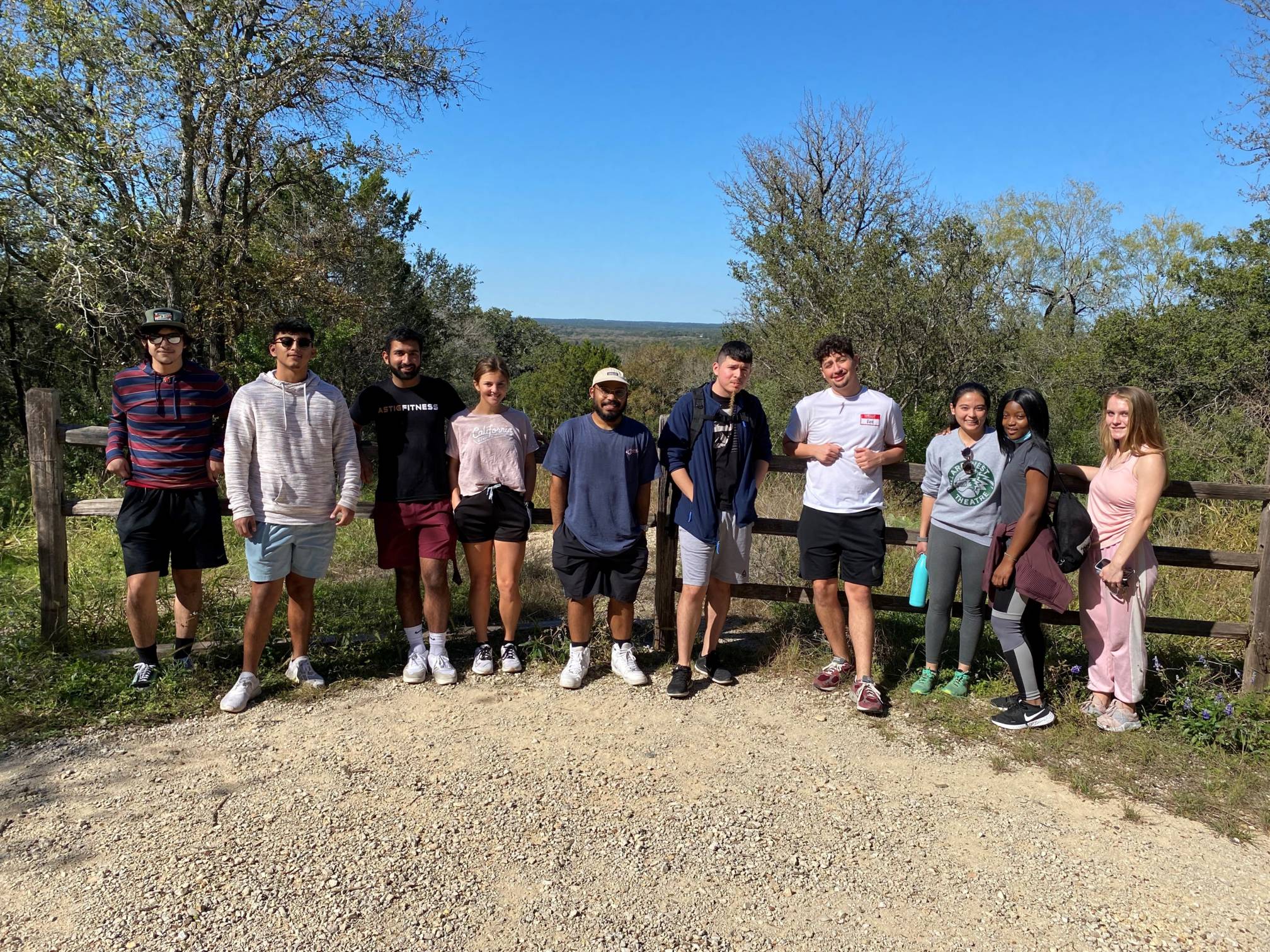H-LSAMP Scholars Program
The Houston-Louis Stokes STEM Pathways and Research Alliance (H-LSAMP) is a National Science Foundation supported program in the College of Science and Engineering. Structured as a community of scholars, H-LSAMP is designed to substantially increase the number of students graduating with baccalaureate degrees in the sciences, technology, engineering, and mathematics, particularly students from diverse backgrounds.
The HLSAMP Program enriches each scholar’s university experience through faculty mentoring, undergraduate research and internships, cooperative education, academic and career conferences, peer tutoring, interdisciplinary learning opportunities, and individualized support.
HLSAMP prepares students for graduate programs and careers in the STEM field in the following ways:
Specialized Knowledge:
STEM degree achievement; undergraduate research; faculty mentoring; science student organizations; academic and professional conferences
Broad, Integrated Knowledge & Intellectual Skills:
Interdisciplinary seminars; Common Experience events; Science Café film and book discussion group: G.O.A.L. group-oriented achievement and learning activities
High Impact Learning:
Summer REUs; internships; cooperative education; job shadowing; teaching; peer tutoring; business and career skills development
Civic and Community Engagement:
Campus and community volunteer service; science student organization leadership and projects

STEM Tutoring

The National Science Foundation (NSF) supports curiosity-driven, transformative science. And we do this in an inclusive environment that supports women and men at the beginning of their careers, especially with LSAMP and our Graduate Research Fellowships Program. Both of these programs have provided mechanisms for increasing the participation of women, minorities, persons with disabilities, and veterans in science and engineering.
It is widely recognized that STEM fields are the primary drivers of American competitiveness in an increasingly global economy. Research shows that more than half of U.S. economic growth over the last 50 years has resulted from improved productivity brought about by STEM-led innovations.






